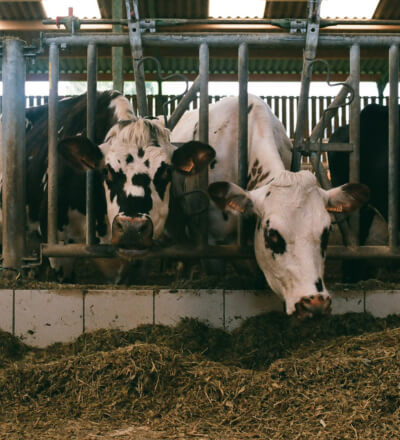
Organic certification is a process that verifies agricultural products meet specific standards for sustainable farming practices, environmental conservation, and the avoidance of synthetic chemicals. Key aspects include strict standards, reduce chemical pollution, conserve resources, no synthetic chemicals, non-GMO production, animal welfare, soil health, and biodiversity. The certification process includes farm inspection, documentation, a transition period, …

The increasing popularity of organic and local foods has led to a rise in demand for these items. Local food, which is farmed within 100 miles of its sale or consumption site, offers numerous health benefits such as nutrient retention, seasonal eating, and less pesticide use. Organic food follows USDA rules, focusing on sustainable farming …

As I dived into the article titled “A new Amul-like collective farm movement called FPC to feed India’s future,” I found immense inspiration in Savita Gadre and Ramshila Kudape’s journey. These visionary leaders are directors at Chhindwara Organic Farmers Enterprise (COFE), spearheading India’s Farmer Producer Companies (FPC) movement. The FPC model, combining cooperative and private …

I found immense inspiration in Savita Gadre and Ramshila Kudape’s journey. These visionary leaders are directors at Chhindwara Organic Farmers Enterprise (COFE), spearheading India’s Farmer Producer Companies (FPC) movement The FPC model, combining cooperative and private limited company structures, promises to revolutionize Indian agriculture, particularly for small-scale farmers with less than one hectare of land. …
Input your search keywords and press Enter.